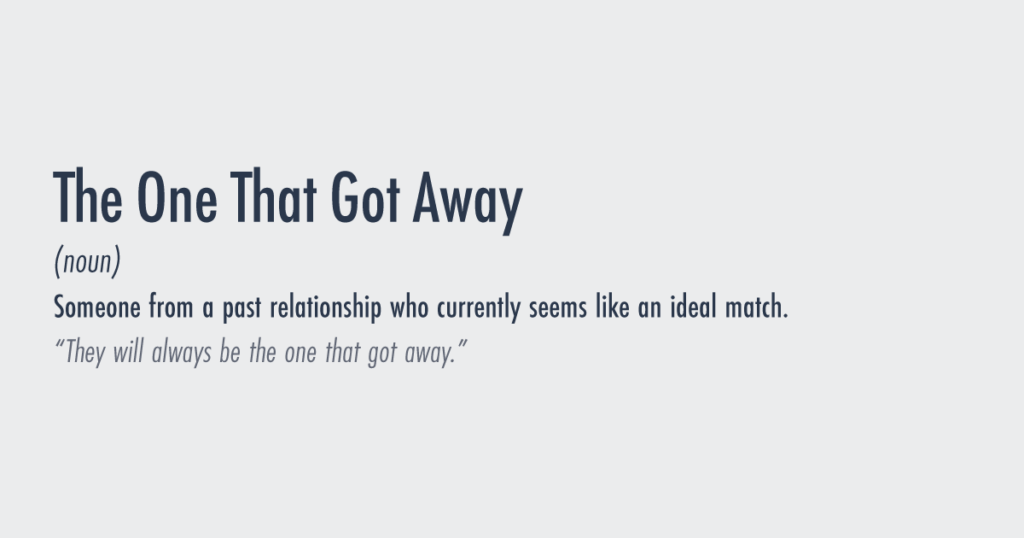Recently, we discussed the categorization of books into genres and characters into boxes. In particular, we discussed the categorization of Vlepo in Percival Evertt’s novel Frenzy. In my group, Sara, in discussing who Vlepo was, stumbled through pronouns until finally landing on “it.” This got me thinking about how, in society, we tend to try to force people into boxes. According to BC Campus, in doing so, it makes our lives easier. They stated that the benefit of categorization is that we don’t have to take the time to get to know a person before deciding who they are. Although this reasoning is sound, I disagree. I believe that in categorizing someone, we are making assumptions about someone based on their gender or race. This to me just seems to state that every white girl is the same, which is not true. Not every white girl wears UGGs and drinks pumpkin spice lattes, but also people who don’t fit the category of a white girl can enjoy these things. The article also mentions that it can be dangerous to group people of outgroups together, but I don’t see the benefit in any circumstance.
If we assume that people who look the same identify in the same way, we can not only look foolish, but we can also offend people. Although this next example was a meme a few years ago, we can assume people’s gender. In doing so, you can use the wrong pronouns and make people uncomfortable and upset. Things like this could very easily be fixed if we just took the time to ask people what their pronouns instead of assuming. This is just one of many ways we can offend by categorizing people as we do with books and characters.
We can also offend people by assuming correctly. Hear me out on this one. I am a straight, white, blonde-haired, blue-eyed, female. With these details of me, you are probably picturing a basic white girl. Now this assumption of me is true. I do consider myself to be basic, but I don’t want to be called that. I don’t want to be generalized into a category because there is so much more to me than Starbucks and UGGs. Other people feel the same way. In a video on youtube, Daniel Howell came out as queer. In this video, he discussed many things. One of the things he discussed is how as a kid people called him gay, which he later discovered to be true. He went on to discuss how people continued to try to guess his sexuality up until that point. Dan told his followers that, even though they were right in their assumption that he was not straight, he did not like people guessing in the comments nor did he want people who guessed right to say “we knew” when they found out. Although Dan’s experience is not on the same level as mine, the concept of people labeling you behind your back, even if it’s correct, is unnerving.
Tying this back to class, Professor McCoy discussed how categorization is a part of life. I recall Professor McCoy mentioning how categorizing makes things easier for us to understand. I see where she is coming from with this. If you categorize something, it takes the mystery out of it. For example, with books, many people like certain genres over others. Personally, I don’t like historical fiction as much as I like realistic fiction or fantasy. So when Lauren told me to read The Book Thief, I mentally decided that, no matter what she said about the book, I won’t be interested. It was through this categorization that I rode off what might be the best book ever. You can see the damage this can do if this is done with people.
Bringing this back to where it all started, Sara’s struggle to put Vlepo in a box shows how as humans we are constantly trying to categorize things. Some things are harder than others, but when it comes to people, we should try to avoid making assumptions. Making assumptions, even if they are true, can be hurtful. So next time you meet someone, try to block out your judgemental subconscious and ask questions. Let people tell you the facts about them instead of coming up with your own work of fiction. And you know what they say about when you assume. I’ll let you fill in that one yourself.




